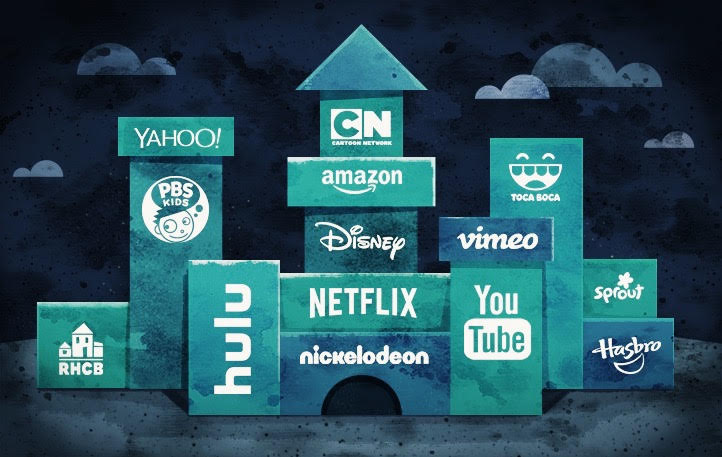The Content Kingdom

Last week, Josh Selig (Wonder Pets!) wrote an interesting Kidscreen article about how all content, specifically video, is finally kingless and created equal. With the ever-growing number of websites, videos apps and subscription VOD services, the sheer amount of video is dizzying. As a result, we’ve been talking a lot about the future of content and what it means for consumers and kids. I decided to use Josh’s parable as a jumping-off point and pen my own ending.
…Content was just content. And the people rejoiced.
Ultimately, everyone abandoned the castle and the kingdom was fractured. The former kings devised plans to retain land they once controlled while new nobles emerged. Lord YouTube promised the people an audience, notoriety and riches. The commoners wanted their voices heard so they rolled up their sleeves and crafted billions of videos at no cost, all while the former kings churned out hours and hours of original programing in distant lands. Content poured out from big castles, remote villages, young settlements. And not just video – apps, games, books, and toys. What a glorious time it was!
The people fully embraced it. They dedicated their waking hours to binge watching seasons of the latest “it” show and countless videos of kittens attacking laser pointers. It was exciting! On the surface, everything seemed merry but slowly content became unruly – it was everywhere and it was pervasive. It infiltrated Lord Hemorrhoid’s bathroom. It interrupted Sir Flapjack’s pancake dinner. It even made its way into Lady Heartstomper’s bed (which many handsome noblemen failed to access). It became impossible for people to stop and enjoy a rainbow because the double rainbow on their screens were more alluring. Somehow the once relaxing content became noisy, pesky, and in-your-face. And while the people could watch the content they wanted whenever they wanted to, they had to pay the various kingdoms for monthly access. And if the people weren’t willing to pay for it, they were forced to watch an annoying jester sing a jingle about laundry detergent. Over and over again.
The people grew dizzy and numb to the dozens of services, hundreds of ads, thousands of shows, millions of episodes, billions of videos. Despite the infinite content pool that existed, the divided kingdom continued to churn out more and more at lower costs to keep up with the demand. As a result, quality suffered and ads became an inevitable symptom of cheap, homogeneous and ubiquitous content. And while content was just content, it became an unstoppable force, far greater than the entire kingdom itself.
And the people just watched.
